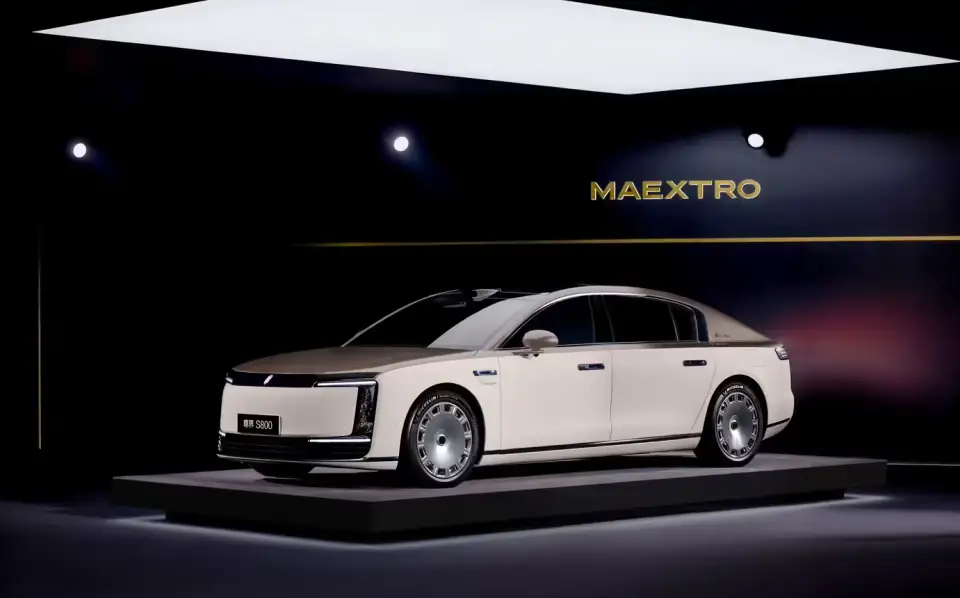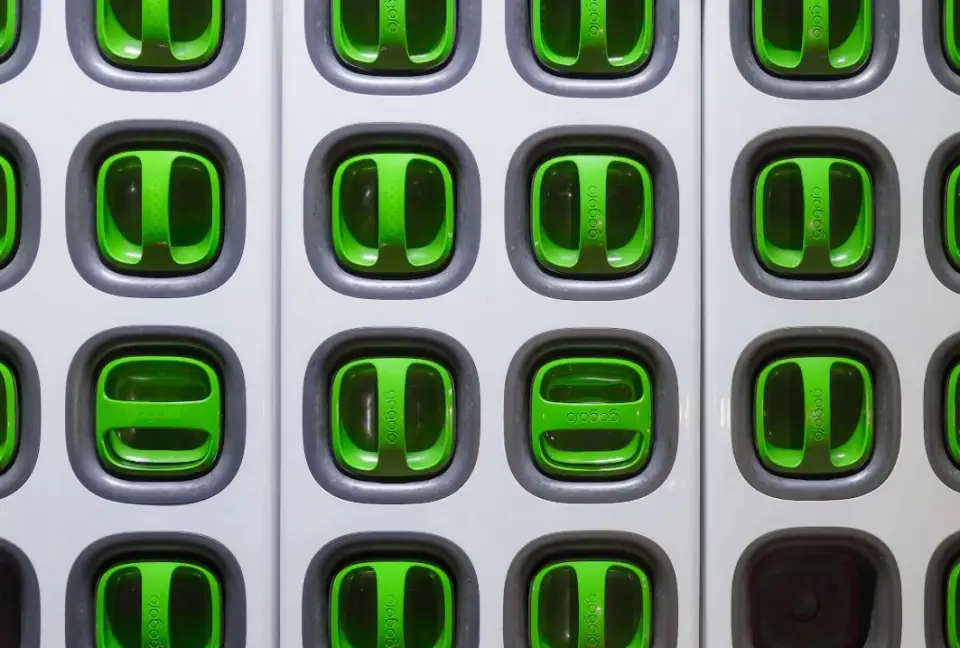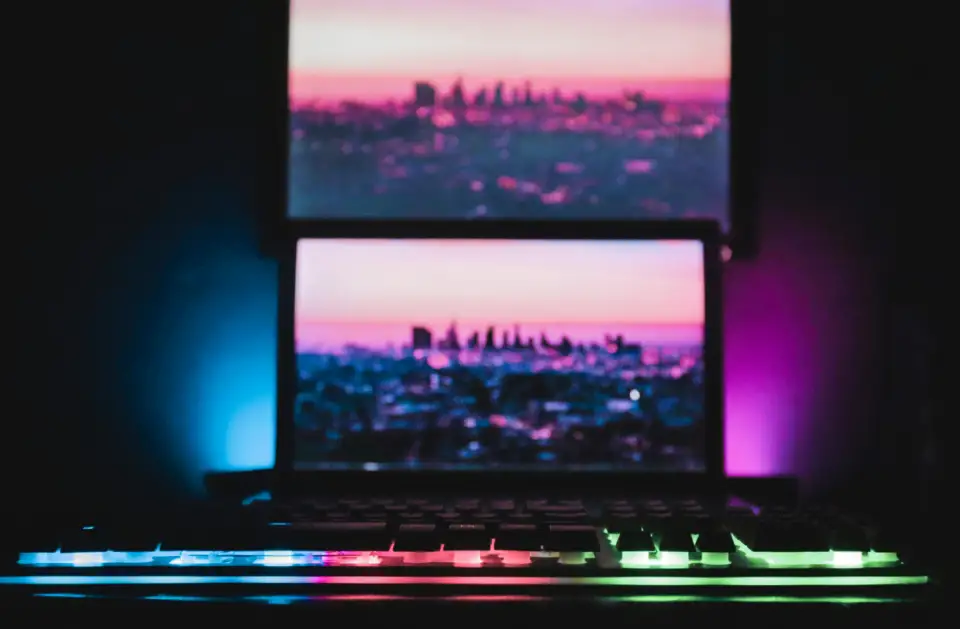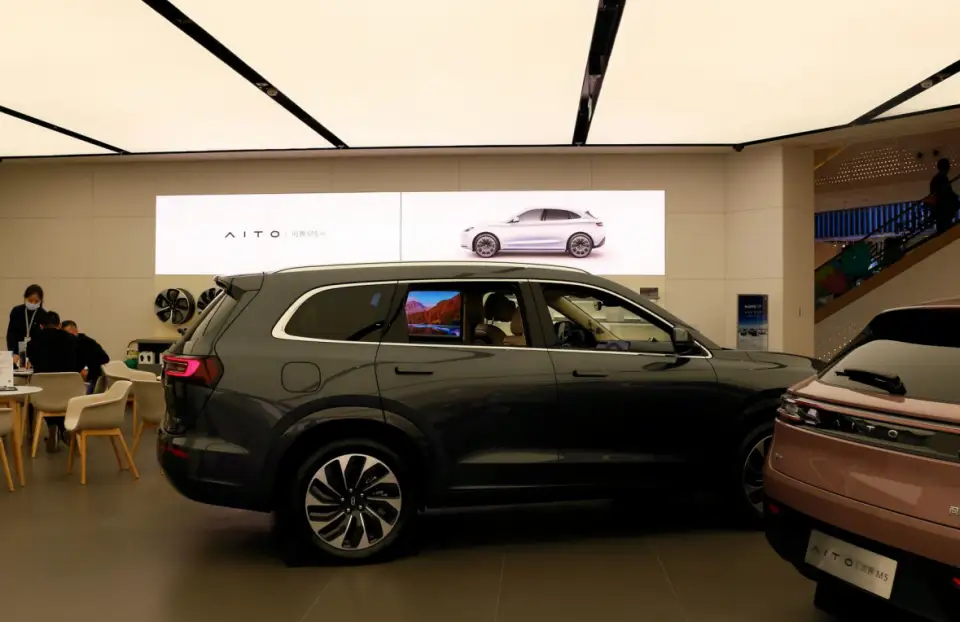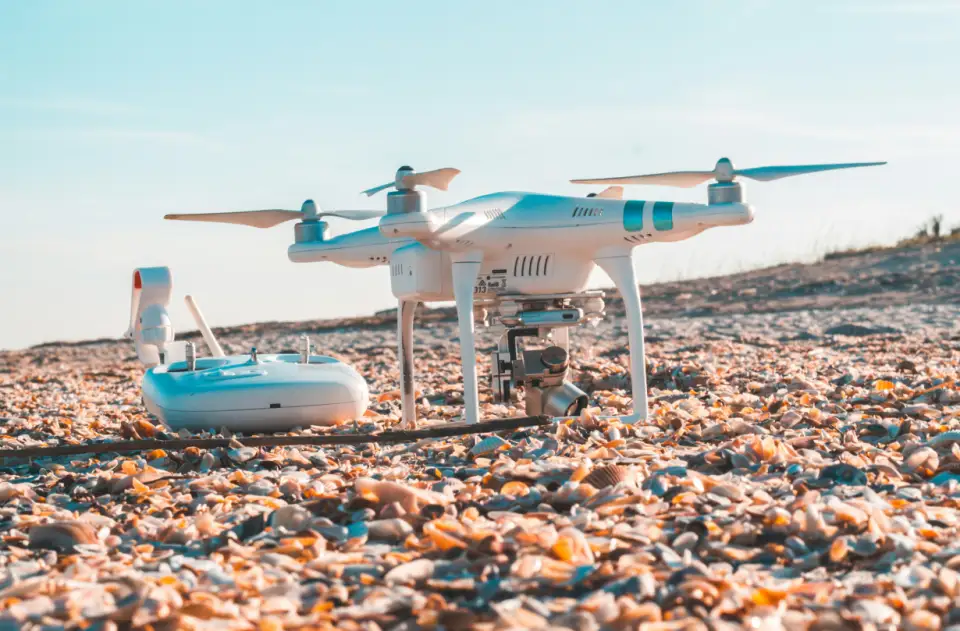
DJI Lifts No-Fly Zone Restrictions in the U.S., Drones Can Fly Over Locations Like the White House
Drone manufacturer DJI announced an adjustment to its "no-fly zone" settings in the United States, changing its previous geofencing system to a warning system, no longer enforcing a ban on drones flying over sensitive locations like airports, wildfire areas, and the White House.
For more than a decade, DJI drones were directly blocked from taking off or entering no-fly zones in the U.S., such as areas surrounding airports and military facilities, through the use of geofencing. However, with the new update, when drones approach these zones, the system will no longer automatically block the flight. Instead, it will issue a warning to the operator, indicating they are approaching or have entered a restricted flight area. DJI stated in a blog post that this change is aimed at "returning control to drone operators."
This decision has sparked controversy, particularly following the weeks after a drone panic incident in New Jersey and a DJI drone collision with an aircraft involved in wildfire rescue efforts in Los Angeles, just before President-elect Trump’s inauguration.
In an official blog post, DJI responded, stating that the timing of the update was purely coincidental and emphasized that "political factors do not influence DJI's safety decisions." The post also clarified, "We had planned to roll out this update months ago, but delayed the implementation to ensure the system worked properly." DJI further explained that lifting the no-fly zone restrictions aligns with the "operator responsibility principle" and is consistent with global aviation regulations. Additionally, DJI noted that the no-fly zone system had caused delays for commercial operators, drone companies, and public safety agencies in carrying out emergency missions, which was unacceptable in rescue operations.
It is important to note that DJI's geofencing system was voluntarily developed by the company and is not a requirement mandated by the Federal Aviation Administration (FAA). FAA spokesperson Ian Gregor stated, "The FAA has not required drone manufacturers to equip their products with geofencing capabilities."
Additionally, DJI is currently facing a comprehensive import ban on its drones and camera equipment in the U.S., unless "appropriate national security agencies" publicly declare that its products do not pose a national security risk.

